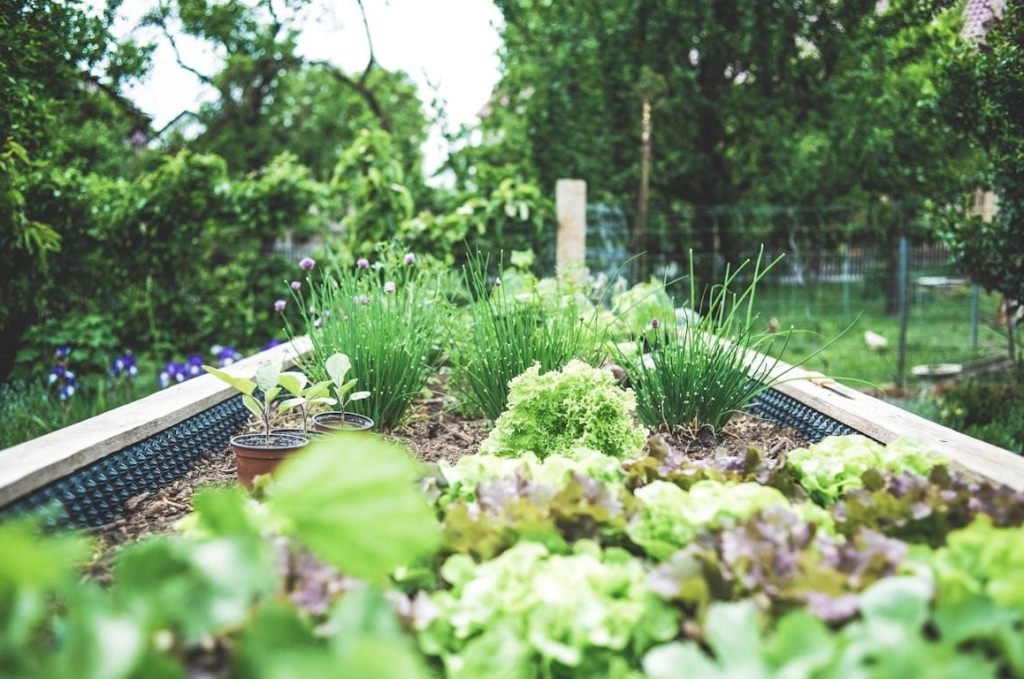If you’re gardening in the Denver metro area or anywhere in USDA Zone 5, May is a pivotal month to get your garden thriving. As the soil warms and the danger of frost fades, it’s the ideal time to prepare beds, plant vegetables and flowers, and make the most of the short growing season in Colorado.
Whether you’re in Littleton, Highlands Ranch, Arvada, or Aurora, here’s a week-by-week guide to help you grow a beautiful, productive garden this May.

Early May (May 1–15): Prepare Your Garden for the Season
- Watch frost dates: In the Denver area, the last average frost date falls around May 10 to 15. Use that as your go-ahead for planting frost-sensitive crops.
- Harden off seedlings: Transition indoor plants like tomatoes, peppers, and flowers outdoors gradually to toughen them for wind and sun.
- Prep garden beds: Clear out weeds, add compost, and loosen compacted soil. Raised beds work especially well in Colorado’s clay-heavy soil.
- Direct-sow cool-weather crops:
- Spinach
- Lettuce
- Peas
- Beets
- Carrots
- Radishes
These early vegetables thrive in the cool nights of spring in Denver’s semi-arid climate.
Mid-May (May 15–22): Start Warm-Season Planting
- Plant potatoes if you haven’t already. They grow well in Denver’s loose, amended soils.
- Add hardy annual flowers to beds and containers:
- Pansies
- Snapdragons
- Marigolds
- Transplant warm-season veggies after your last frost:
- Tomatoes
- Peppers
- Squash
- Cucumbers
- Melons
Use row covers at night if temperatures dip below 50°F.
- Mulch garden beds to retain moisture and suppress Denver’s persistent weeds.
Late May (May 23–31): Go All In
- Plant heat-loving crops like:
- Beans
- Corn
- Zucchini
- Eggplant
- Stake tomatoes early to prevent disturbing roots later.
- Fertilize perennials and shrubs that show strong spring growth.
- Start your herb garden with:
- Basil
- Thyme
- Cilantro
- Parsley
- Dill
- Chives
Additional Tasks for Denver Gardens in May
- Divide perennials such as iris, daylilies, and hostas.
- Deadhead spring bulbs but let foliage die back naturally to feed bulbs for next year.
- Monitor for pests like aphids, slugs, and flea beetles. Denver’s dry climate can mask pest issues until they’re widespread.
- Install supports for climbing plants like peas and beans.
Gardening Tip for Denver Homeowners
- Keep a Denver garden journal to record frost dates, planting timelines, and notes on what works best in your yard’s microclimate—whether you’re in the foothills or on the plains.
Thinking About Your Outdoor Space?
If you’re dreaming of more space for gardening or a backyard oasis with Colorado views, I’d love to help you explore homes with gardens, larger lots, or landscaping potential in the Denver metro area. Your home should be a place where your lifestyle grows along with your plants.
